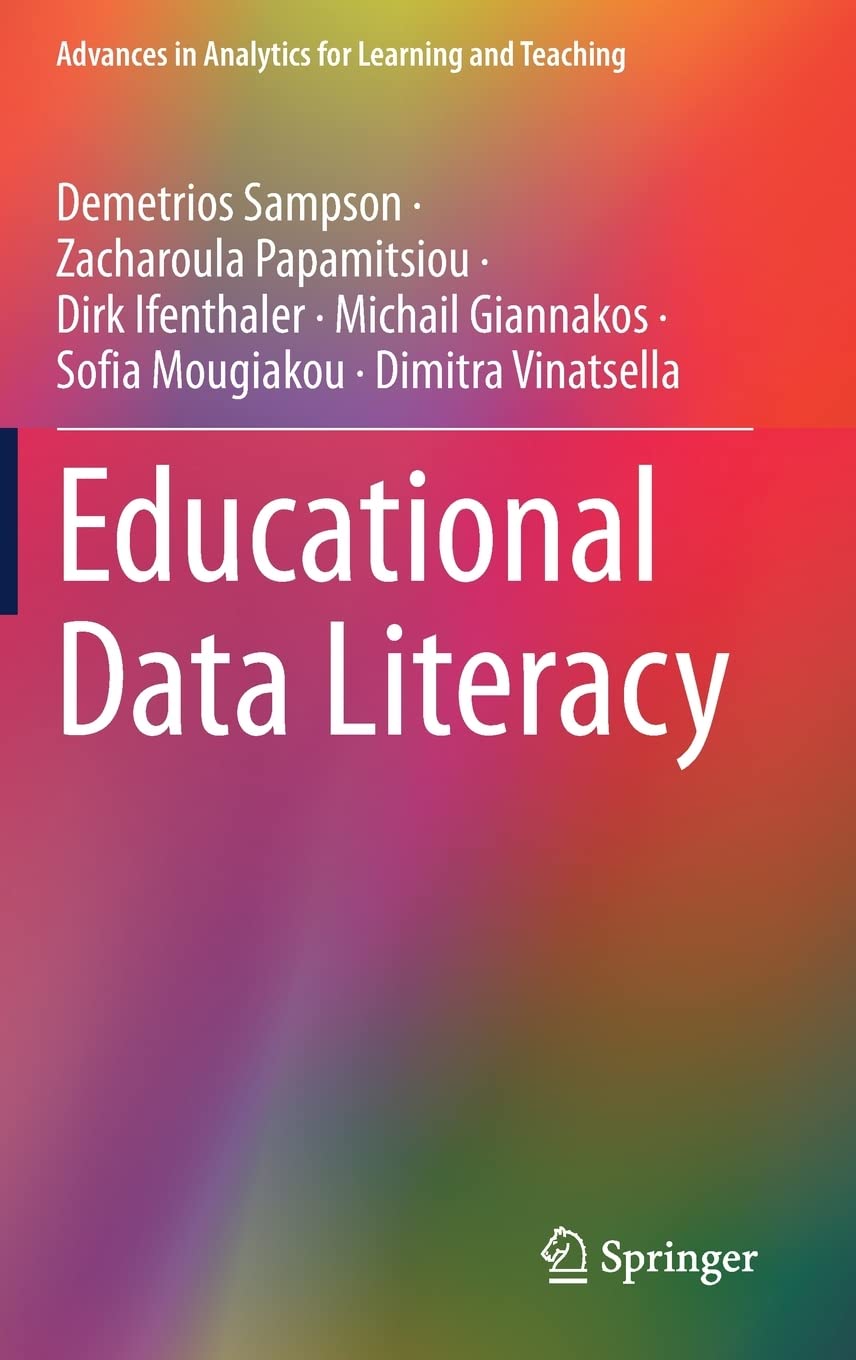

Most ebook files are in PDF format, so you can easily read them using various software such as Foxit Reader or directly on the Google Chrome browser.
Some ebook files are released by publishers in other formats such as .awz, .mobi, .epub, .fb2, etc. You may need to install specific software to read these formats on mobile/PC, such as Calibre.
Please read the tutorial at this link: https://ebookbell.com/faq
We offer FREE conversion to the popular formats you request; however, this may take some time. Therefore, right after payment, please email us, and we will try to provide the service as quickly as possible.
For some exceptional file formats or broken links (if any), please refrain from opening any disputes. Instead, email us first, and we will try to assist within a maximum of 6 hours.
EbookBell Team

5.0
108 reviewsDigital Education is recognised as a key transformative innovation for K-12 school and university teaching and learning, as well as, for professional development and vocational training. As a result, blended and online courses are nowadays widely deployed to meet the needs of K-12, higher education and vocational training students, as well as, the needs for professional development of in-service professionals. In this context, important professional roles in digital education and training, such as, the Instructional Designers, who design and develop online and blended courses, and the Trainers or Tutors who support the delivery of these online and blended courses, require new professional competences compared to those assumed at the traditional face to face education and tra ining programs.This is particularly relevant today, in the post Covid-19 era, where educational organisations, leaders and teachers are challenged with reinventing their teaching and learning environments to offer higher quality, more accessible and inclusive teaching, learning and assessment. Educational Data Literacy (EDL) is a core competence for all education professionals, including school teachers, instructional designers and tutors of online and blended learning courses, as well as educational institutions' leaders. Nevertheless, existing professional competence frameworks for educators pay little attention to EDL, missing out the potential of using emerging EDL methods and tools in online and blended teaching and learning - thus there is a need for extending existing professional competence frameworks for educators with new competences to accommodate the emerging field of EDL. To this end, this brief monograph presents a comprehensive proposal of an Educational Data Literacy Competence Profile (EDL-CP) framework for education professionals, as well as, exemplary learning outcomes for the proposed EDL-CP framework, and use-case examples for indicative target groups, namely instructional designers, e-Trainers and K-12 school teachers. The work of this book has been produced within the project "Learn2Analyze ― An Academia-Industry Knowledge Alliance for enhancing Online Training Professionals’ (Instructional Designers and e-Trainers) Competences in Educational Data Analytics" which is co-funded by European Commission through the Erasmus+ Program (Cooperation for innovation and the exchange of good practices – Knowledge Alliances).